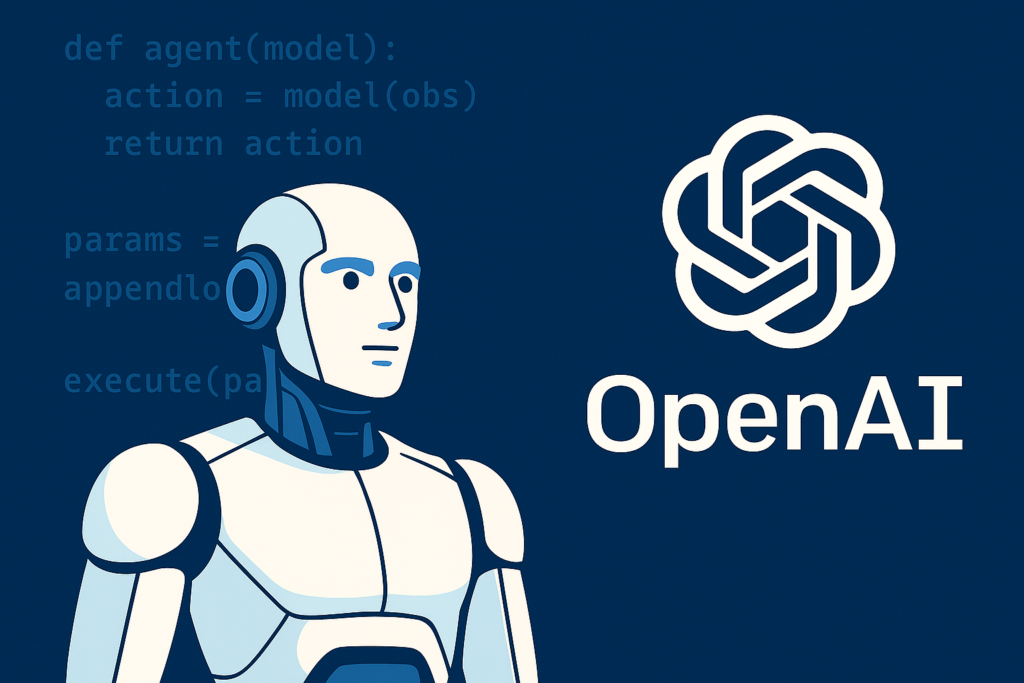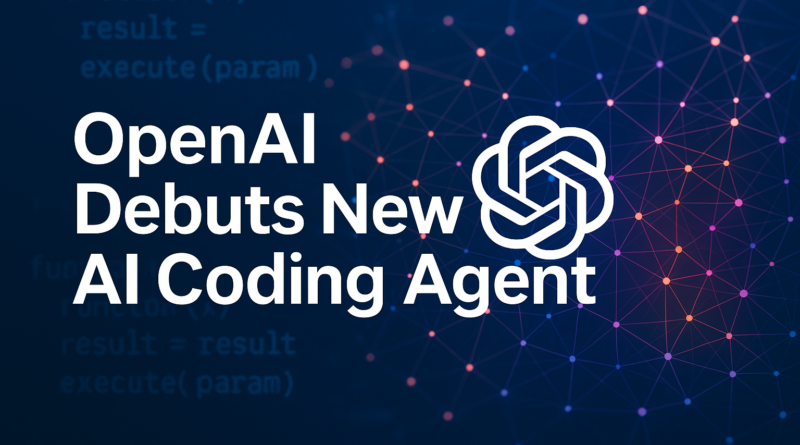OpenAI Debuts New AI Coding Agent Codex CLI
![]()
OpenAI has introduced a new AI agent capable of writing, editing, and executing code locally.
OpenAI has unveiled its latest innovation : Codex CLI, a powerful new AI agent designed to write, edit, and even execute code directly on a user’s local machine. This significant development, announced alongside the debut of their advanced reasoning models, o3 and o4-mini, on Wednesday, April 16th, signals OpenAI’s continued commitment to providing developers with cutting-edge AI tools.
Codex CLI represents a notable evolution from OpenAI’s previous Codex models, which primarily functioned as cloud-based code completion and generation tools. This new agent brings the intelligence and versatility of Codex directly to the developer’s fingertips, offering a more integrated and seamless coding experience. By operating locally, Codex CLI promises enhanced responsiveness and the ability to interact more intimately with the user’s development environment.

The implications of an AI agent capable of local code manipulation are far-reaching. Developers can now leverage Codex CLI to rapidly prototype new features, automate repetitive coding tasks, and even debug existing codebases with an unprecedented level of AI assistance. Imagine a scenario where a developer can simply describe a desired function in natural language, and Codex CLI will not only generate the code but also execute it to verify its functionality – all within their local development environment.
Furthermore, the ability to edit existing code opens up exciting possibilities for refactoring and optimization. Developers can task Codex CLI with identifying areas for improvement or applying specific coding style guidelines across an entire project. This could lead to more efficient workflows, reduced development time, and ultimately, higher quality software.
The local execution capability is a particularly noteworthy feature. By running code directly, Codex CLI can provide immediate feedback and insights, allowing developers to iterate and refine their solutions more quickly. This also potentially addresses concerns around data privacy and security, as the code and execution remain within the user’s control.
While the full technical specifications and the range of supported programming languages are still being explored by the developer community, the initial announcement has generated considerable excitement. Early reactions highlight the potential for Codex CLI to lower the barrier to entry for aspiring programmers and to significantly boost the productivity of experienced developers.
OpenAI’s strategic decision to bring this powerful AI coding agent to the local environment underscores the growing trend of integrating AI directly into the developer workflow. As AI models become more sophisticated and efficient, we can expect to see even more tools that empower developers to focus on higher-level problem-solving and innovation, leaving the more mundane and repetitive aspects of coding to intelligent agents like Codex CLI.
The debut of Codex CLI marks another significant step in the evolution of AI-assisted software development. As developers begin to explore its capabilities and integrate it into their workflows, the impact on the speed, efficiency, and creativity of software creation promises to be substantial. The world of coding is about to get a whole lot smarter, and Codex CLI is leading the charge.



